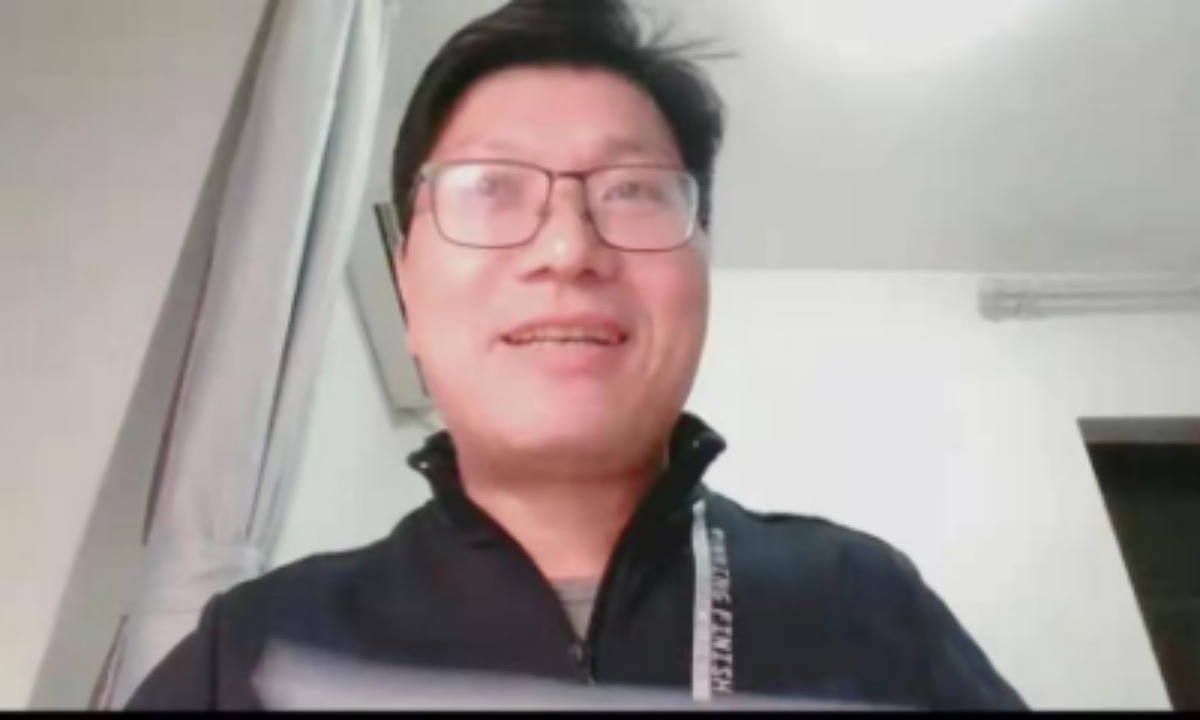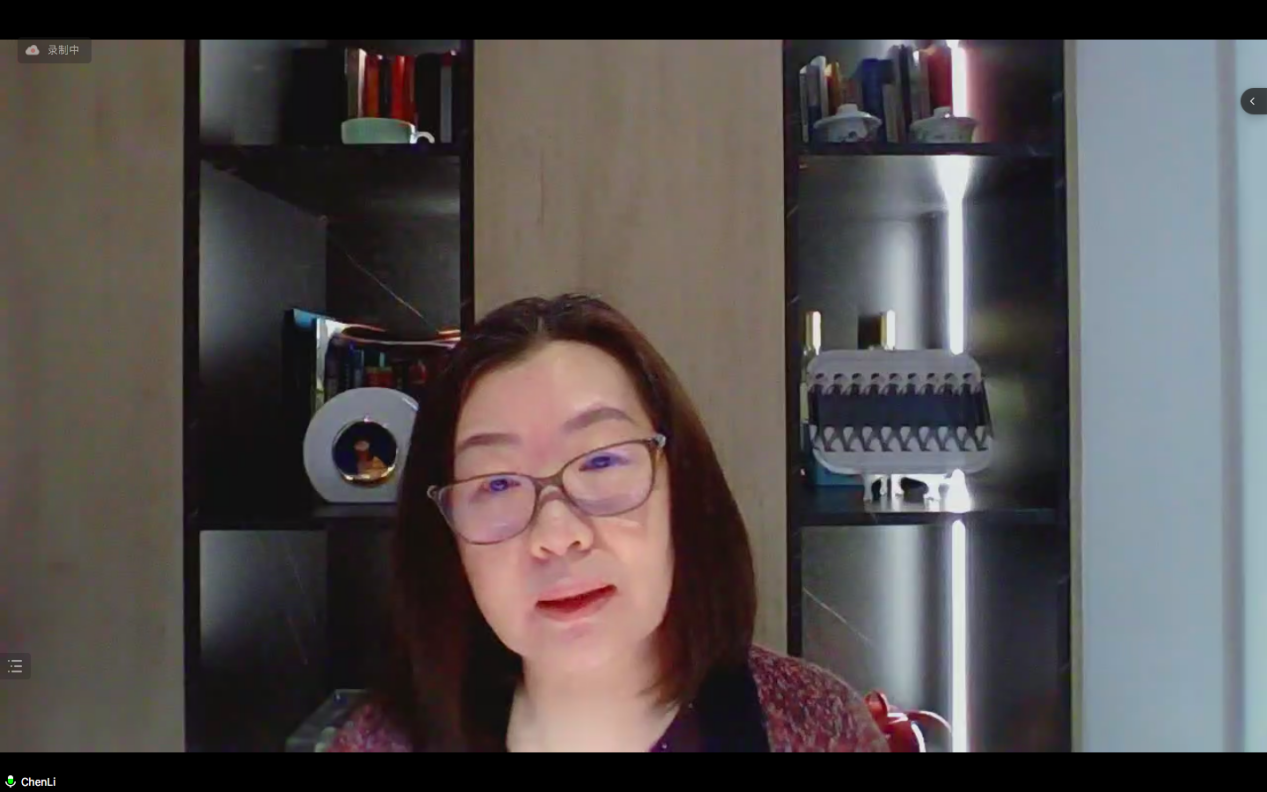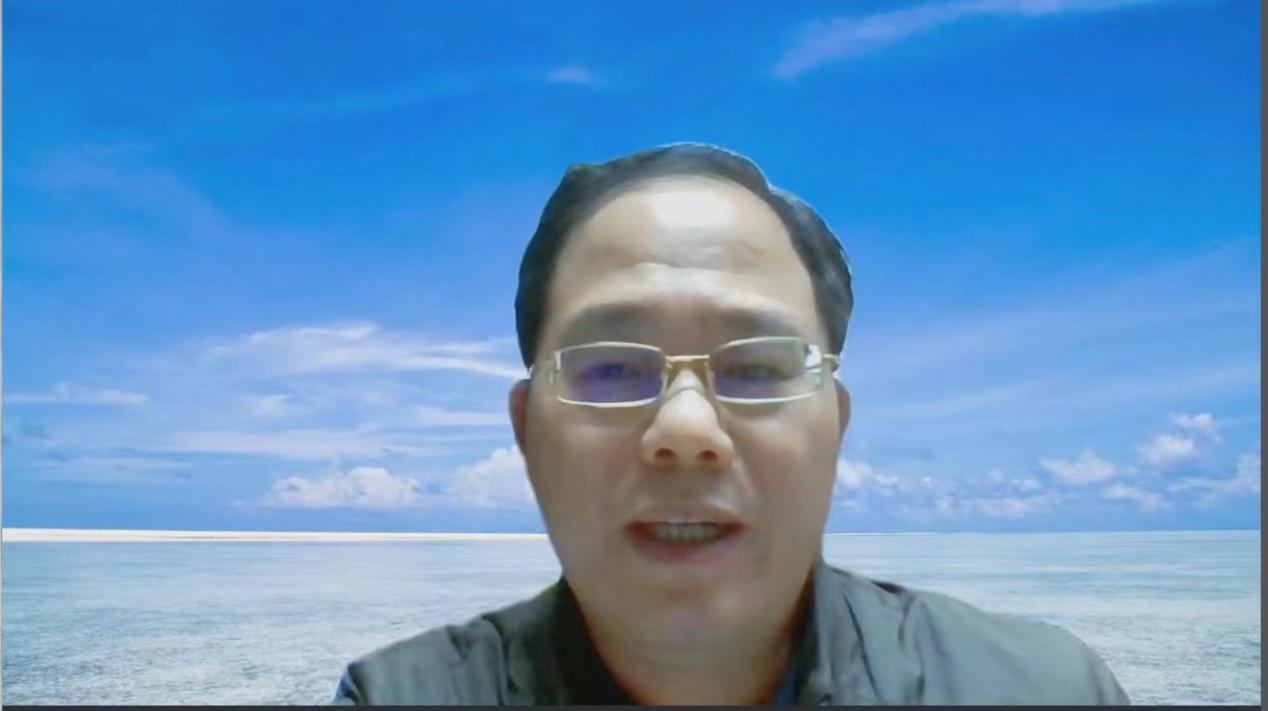


On April 15, 2022, the thirty-fifth keynote speech of the "Fudan Transnational Corporations and Law Forum" and the fourth episode of this Forum's special series of "TNCs and International Commercial Dispute Resolution" was held successfully online. The speech entitled "The Functions of the Anti-suit Injunction and China's Plan" was delivered by Associate Professor ZHANG Wenliang of Renmin University of China Law School, commented by Professor CHEN Li of Fudan University Law School and Professor OU Fuyong of Hunan Normal University Law School, and hosted by Professor CAI Congyan of Fudan University Law School.

To provide a clear definition of "anti-suit injunction," Professor ZHANG started the speech by tracing the origin of the anti-suit injunction. As he pointed out, the definition and facilitating institutions of "anti-suit injunction" were imported from the common-law system. Under common-law, anti-suit injunction is a term concerning judicial jurisdiction. Its concept and facilitating institutions are designated as coordinating mechanisms to cope with concurrent jurisdictions in "parallel litigations." There is no formal statutory concept of anti-suit injunction under Chinese law by far. Despite this, some Chinese courts have applied this concept in the form of "preservation" in intellectual property disputes or "injunction" under maritime law. Meanwhile, the judicial practice of anti-suit injunction by Chinese courts has attracted the attention of the Chinese legislature and has prompted responses from the European Union, Germany, the United States, and India.
Professor ZHANG then proceeded to the nature and value of anti-suit injunction. He considered that the nature of anti-suit injunction is to solve the problems arising from parallel proceedings. To strengthen the legitimacy of the mechanism of anti-suit injunction, the common law system's practice emphasizes that anti-suit injunction applies to "persons," whether natural or legal, and underlines the need to prove the reasonableness of applying this mechanism in international dispute resolution. In comparison, as is reflected in the Chinese judicial and legislative policy instruments, the Chinese practice of anti-suit injunction is oriented towards its functions in defending China's national interests and judicial sovereignty and the legitimate rights and interests of Chinese firms.
Professor ZHANG summarized three characteristics of China's practice in promoting the mechanism of anti-suit injunction. First, using judicial practice as a pilot study for future legislative measures is the dominant method of constructing a Chinese system of anti-suit injunction. Second, the legislature's practice has largely lagged behind the judicial practice, which is currently the major problem. Third, judicial activism is the major driving force behind developing anti-suit injunction in China.
Lastly, Professor ZHANG introduced the prospects of anti-suit injunction in international dispute resolution and China's plan to deal with it. He pointed out that the conflicts of jurisdiction in international cases are inevitable, and the coordination of concurrent jurisdictions is a matter of domestic law. Currently, China's legislature and judicial bodies are advancing the construction of an anti-suit injunction system. In this process, we need to uphold the reasonableness of exercising jurisdiction over cases involving international parties and emphasize the importance of proving the legitimacy and legality of applying anti-suit injunction. To summarize, the decision to apply anti-suit injunction under the Chinese legal system must be made upon a clear and reasonable legal ground. There are many theoretical, statutory law, and practical problems to be addressed in the future.

Professor CHEN briefly summarized the nature and the application methods of the anti-suit injunction in various countries. She agreed with Professor ZHANG's view that the main function of anti-suit injunction is to coordinate the conflicts of jurisdictions. She also contributed further discussions on the problems of applying of anti-suit injunction in China.

Professor OU also spoke highly of Professor ZHANG's research project. He briefly introduced the development trend of applying for anti-suit injunction abroad, especially the attitude of the civil-law countries, and commented on the current application of anti-suit injunction in China.
On April 22, 2022, the Forum will host the fortieth keynote speech entitled "The 'Internationality' of China's International Commercial Court --an Empirical and Comparative Analysis" by YAN Mingyue, Visiting Associate Professor of Singapore University of Management.






